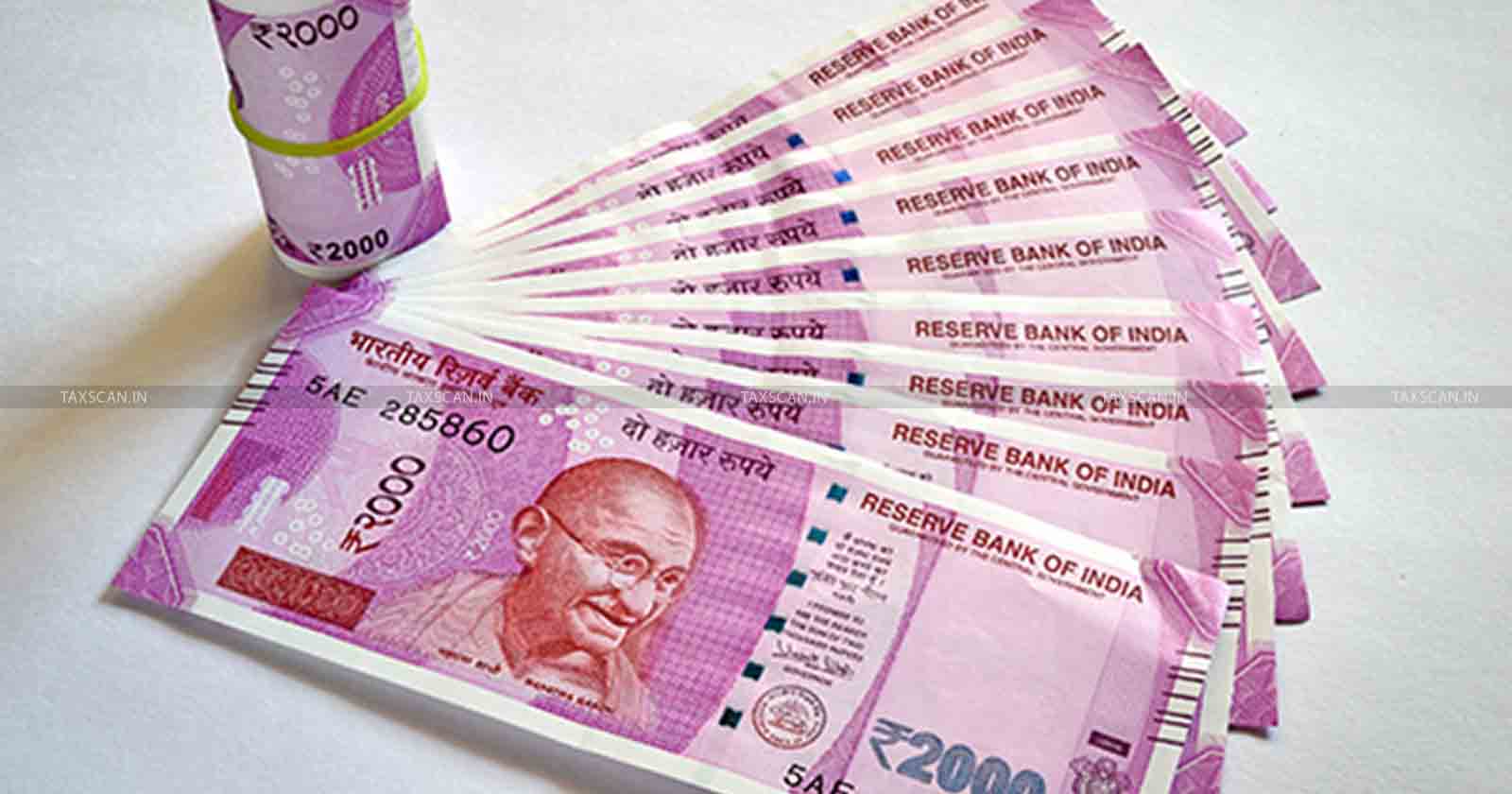Mere Possession and Recovery of Currency Notes without Proof of Demand not enough to Convict Accused: Himachal Pradesh HC [Read Order]
In the absence of any proof of demand for illegal gratification, the use of corrupt or illegal means or abuse of position as a public servant to obtain any valuable thing or pecuniary advantage cannot be held to be proved

Recovery of Currency Notes – Convict Accused – Mere Possession – TAXSCAN
Recovery of Currency Notes – Convict Accused – Mere Possession – TAXSCAN
The Himachal Pradesh High Court has held that mere possession and recovery of currency notes without proof of demand is not enough to convict the accused.
Neeraj Kumar, the petitioner filed an appeal under Section 27 of the Prevention of the Corruption Act, 1988 (‘the PC Act’) read with Section 374(2) of the Code of Criminal Procedure (Cr.P.C.) challenging the judgment of conviction and order of sentence dated 16.04.2015,
The complainant Deepak Guleria, was running the business in the name and style of M/s Deepak Business Communication and had taken CST number in the year 2005 from the Excise and Taxation Department, during the year 2010.
He was directed by ETO Ms. Nirmal and accused Neeraj Kumar of filing returns yearly and a notice was also issued to him. He talked to ETO as well as the accused and informed them that he had not brought any goods from outside, therefore, his returns were nil. However, ETO Nirmal and the accused told him that they would charge Rs.500/- per year irrespective of the fact whether any goods were brought from outside or not.
The Investigating Officer explained pre-trap proceedings by preparing a solution of sodium carbonate and phenolphthalein powder, then the solutions were destroyed and some powder was kept in matchboxes, which were sealed in a cloth parcel. The currency notes which were handed over by the complainant to the police, were treated with phenolphthalein powder and thereafter were handed over to the complainant with a direction to pay the same to ETO Nirmal and the accused on their demand. The police also recorded the number of currency notes on a memo.
The prosecution sanction against accused Neeraj Kumar was granted, whereas, the competent Authority, despite the availability of sufficient evidence against ETO Ms. Nirmal, declined the prosecution sanction. After the conclusion of the investigation, the police presented the charge sheet against the accused Neeraj Kumar before the learned trial Court.
Charges were framed by the learned trial Court against the accused under Sections 7 and 13(2) of the PC Act, vide order dated 24.03.2015. The accused did not plead guilty to the charge framed against him and claimed trial.
The appellant contended that he had been deliberately and discriminately chosen for the trial, whereas, the circumstances demanded equal treatment and on the same material as well as the reason, the prosecution sanction was not granted to prosecute accused Ms Nirmal, who was the ETO.
He finally submitted that as in this case there is no evidence regarding the demand of illegal gratification the evidence put forth by the prosecution is full of discrepancies and the prosecution has miserably failed to establish either the charge for the offence punishable under Section 7 or the charge for the offence punishable under Section 13(1)(d) of the PC Act.
On the other hand, the Additional Advocate General supported the judgment of the trial Court and contended that since the charges against the accused had been duly proved by the prosecution beyond reasonable doubt, the trial Court had rightly convicted him based on proper appreciation of evidence.
In the absence of any proof of demand for illegal gratification, the use of corrupt or illegal means or abuse of position as a public servant to obtain any valuable thing or pecuniary advantage cannot be held to be proved. It was settled law that in the absence of proof of demand, the presumption under Section 20 of the Prevention of the Corruption Act would not be attracted.
A single bench of Sushil Kukreja observed that “the prosecution has failed to prove its case against the accused beyond reasonable doubt. There has been a wrong appreciation of evidence on record by the trial Court, which has resulted in a miscarriage of justice.”
While allowing the criminal appeal, the court set aside the impugned judgment of conviction and order of sentence passed by the Special Judge. Further the appellant-accused is acquitted of the charges framed against him. The fine amount collected, if any, shall be refunded to him. The bail bonds executed shall stand cancelled.
“The appellant is directed to furnish personal bond in the sum of Rs.50,000/- with one surety in the like amount, before the trial Court within four weeks, which shall be effective for six months, with the stipulation that in the event of Special Leave Petition being filed against this judgment or on grant of leave, the appellant aforesaid, on receipt of notice thereof, shall appear before the Supreme Court.”, the bench concluded.
To Read the full text of the Order CLICK HERE
Support our journalism by subscribing to Taxscan premium. Follow us on Telegram for quick updates


